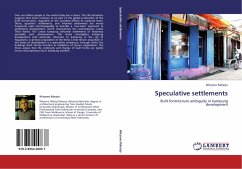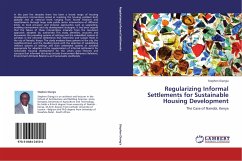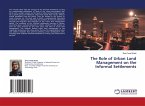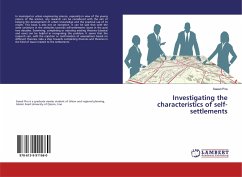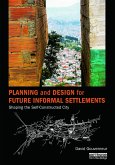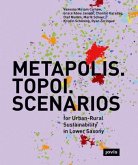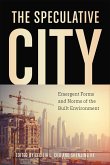Over one billion people in the world today live in slums. This UN estimation suggests that slums continue to be part of the global production of the built environment, regardless of the countless efforts to eradicate them. Slums, squatters settlements, and informal settlements are words frequently used interchangeably to describe a non-state approach to settlements development, which characterises the contemporary urban Third World. The urban kampung (informal settlement) of Indonesia exemplify such phenomenon. This thesis investigates kampung development with particular reference to kampung in the city of Yogyakarta. A primary proposition of the thesis is that tenure acquisition in this mode of development is a speculative endeavour, through which the buildings (built forms) function as mediators of tenure negotiation. The thesis argues that the continuity and change of built forms can signify tenure security/insecurity of kampung dwellers.
Bitte wählen Sie Ihr Anliegen aus.
Rechnungen
Retourenschein anfordern
Bestellstatus
Storno

